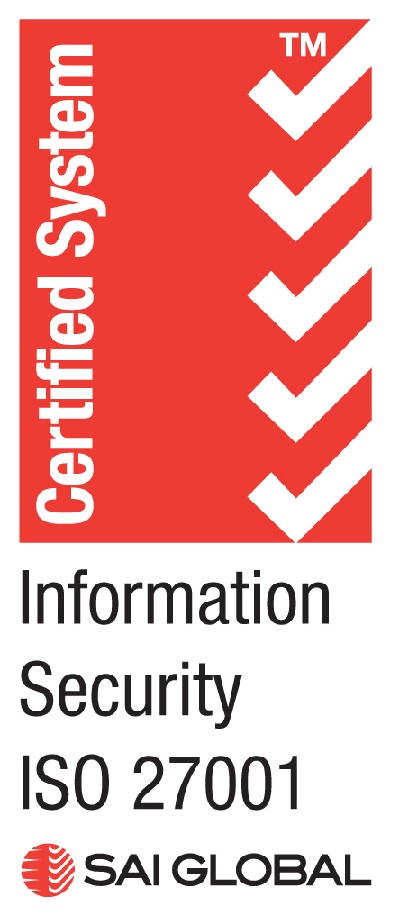The Mobile Worker Security Myth
Mobility covers everything from the casual checking of emails on the go to employees setting up micro offices anywhere, anytime. No matter how far your policy dips into the benefits of flexible working there’s always one stigma or anxiety that stays put – that your organisation’s security will get hijacked at any moment. Yet, while perfectly reasonable, what’s the underlying cause of all the panic? And is it necessary?
The Risk
If you think about how many devices you have across your business and then factor in the storage capacity of each one, it’s easy to worry about the sheer volume of data you risk losing. This, coupled with the fact that remote workers have the ability to roam freely, means you’ll easy feel a little out of your depth in terms of being able to monitor how they use their devices and controlling what security settings they implement. This is where the fear stems from and it’s not entirely unfounded.
The Cause
Being aware of the main causes of off-site security breaches is the only way concerns can be properly addressed. Below are five key contributors that heighten the possibility of an attack:
- Theft: Lost or stolen mobile devices and laptops are easy targets for cyber criminals, especially if insufficient security measures are in place.
- Public Wi-Fi: It’s difficult for workers to identify what’s safe and what isn’t when connecting to public Wi-Fi spots. It’s often assumed that free hotspots (like in cafés) are less secure than paid ones (like in hotels) but this isn’t strictly true. Sometimes though, this is the only way work can get completed.
- Hijacking: This is more common in companies with BYOD (bring your own device) policies and tends to occur in devices that aren’t attached to a contract or carrier.
- Malware: Mobile malware trojans harvest passwords, steal sensitive data and important financial information and are often spread via bad links through emails or social media.
- Infected apps: Mobile workers often need to download apps to enhance their productivity but what they probably don’t realise is that, while most of them are fine, many don’t meet minimum security requirements and therefore carry major threats to company data.
The Answer
In theory, mobile workers increase the threat of a data breach – but not in practise. Implementing appropriate security measures is imperative in ensuring your organisation is safeguarded against attacks, which is something you’ll already be doing when it comes to your on-site desktop devices. Remote devices are no different. If you develop a soundproof mobile security strategy that works alongside your in-house one, your company won’t be at any greater risk than normal.
In terms of your employees, the best thing your can do is educate them. For example, if they’re using public domains to access company information, ensure they know to be discreet when entering sensitive information – you could even supply them with tinted screen protectors for their laptops. Limit what apps they download to company-approved ones and instead of deploying a BYOD strategy, implement a CYOD (choose you own device) one so that your company can install the correct security software and select appropriate firewall settings.
It all comes down to risk management. Don’t hinder productivity, creativity and agility out of fear of a cyber-attack. It’s up to you to develop and enforce a mobile security policy to protect your employees from the vulnerabilities of remote working.
We make mobility happen…
At CodeBlue, we put people first and believe that technology should be used to enhance daily working experiences, providing individuals with greater agility, collaboration and job satisfaction. We also partner with some of the best vendors in the world – including global leaders HP.
HP Mobility provides a full range of devices, accessories, software and services to grow and transform your company’s mobile capabilities. It’s a portfolio that has been developed from the ground up for business customers who prioritize security, want to more effectively equip their mobile employees, and value ease of management.

Need more information?
Get in touch with us
